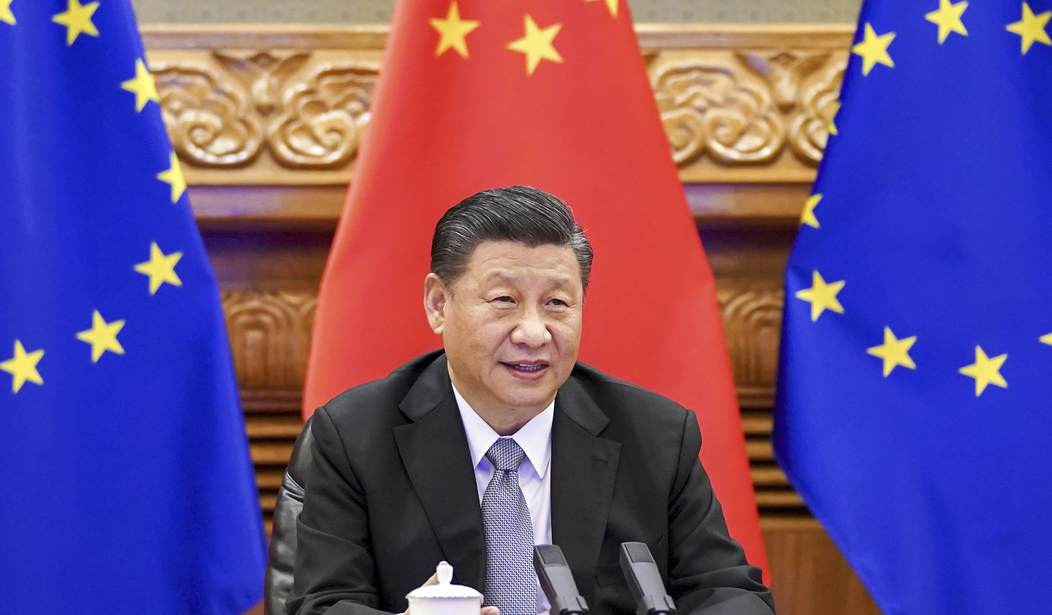Ever since a variety of COVID vaccines began going into production in various countries around the world, the Chinese Communist Party has been hard at work, spreading disinformation about their own efforts as well as those of their adversaries. In addition to their bizarre accusations of the virus having been created in an American laboratory (while somehow showing up first in Wuhan instead of Maryland), the Chinese government has been insinuating that the American vaccines are either flawed or ineffective, while theirs are clearly superior. But a serious crack appeared in that nation’s propaganda wall this weekend when one of the highest-ranking health officials in China admitted that the efficacy of their own vaccines is “low” and they may need to look at different distribution models to improve the results. (Associated Press)
In a rare admission of the weakness of Chinese coronavirus vaccines, the country’s top disease control official says their effectiveness is low and the government is considering mixing them to give them a boost.
Chinese vaccines “don’t have very high protection rates,” said the director of the China Centers for Disease Control, Gao Fu, at a conference Saturday in the southwestern city of Chengdu.
Beijing has distributed hundreds of millions of doses in other countries while also trying to promote doubt about the effectiveness of Western vaccines.
The first item to note here is that somebody might want to keep an eye on Dr. Gao Fu for his own safety. Throughout the Pandemic, the CCP hasn’t been at all shy about shutting down or locking up anyone who doesn’t toe the company line, including doctors and elected officials. Coming out and admitting that China’s vaccines aren’t up to par is a good way to induce a negative, if not terminal blow to one’s career.
Dr. Fu went on from there to suggest that his country should consider moving into using mRNA technology, such as was used to develop the Pfizer vaccine. (China is still using the traditional method of weakening live samples of the virus to create their doses.) This is also not in keeping with the company line, as the CCP has repeatedly suggested that the mRNA technology is flawed. If Gao Fu isn’t reflecting some very recent and radical change in the public positions being taken by the Chinese government, he could be skating on some seriously thin ice.
So just how weak are the vaccines being produced in China? The CCP has been boasting of numbers as high as 79%. But independent testing done on vials of their Sinovac vaccine sent from China to Brazil concluded that the efficacy rate of the Chinese vaccine was just 50.4 percent. While still better than nothing, that level of efficiency boils down to little more than flipping a coin if you come in contact with an infected person.
The Chinese have a few different vaccines in production currently. To address these shortcomings, one plan under discussion would involve mixing the different vaccines together in a series of shots. This process is called “sequential immunization,” and health experts agree that it has the potential to improve overall total immunity levels if done properly. The British government is currently looking at mixing the Astrazeneca vaccine with Pfizer’s product, probably because Astrazeneca’s test results lagged so far behind the two initial American products.
China has been attempting to engage in “vaccine diplomacy” from the beginning, shipping large quantities of vaccines to nations that were unable to order any significant amounts earlier in the year. This was intended to curry favor and make the United States look selfish for not shipping doses to everyone on the planet. But those efforts have largely been a disaster for them so far. And these new questions about the safety and efficacy of their own vaccines isn’t going to do much to improve that situation.








Join the conversation as a VIP Member